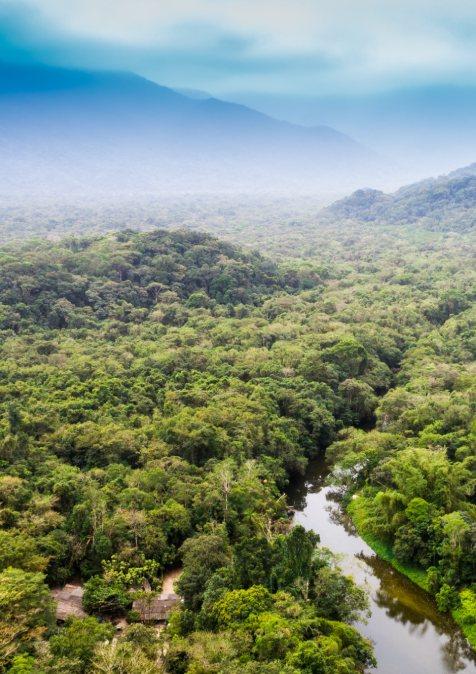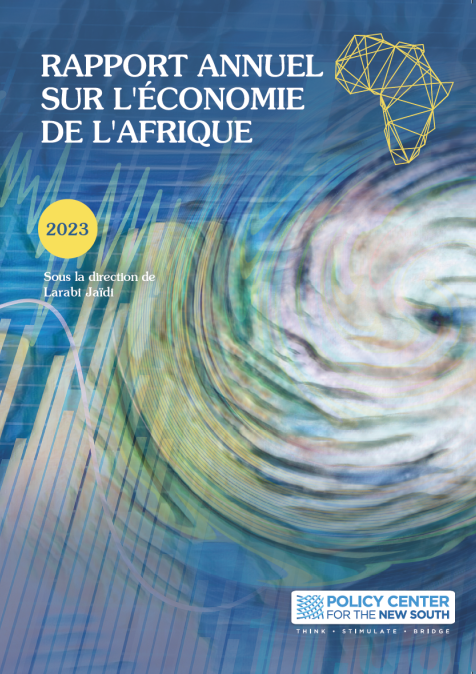Les Mardis du PCNS 26/01/2021 : منطقة التجارة الحرة القارية الأفريقية وتحديات الاندماج
أطلقت دول القارة الأفريقية في اليوم الأول من عام 2021 منطقة تجارة حرة قارية، بعد تأجيل دام عدة أشهر بسبب أزمة تفشي فيروس كورونا. وتسعى الدول الأفريقية من خلال هذه المنطقة لإقامة تكتل اقتصادي من ناحية عدد الدول والسكان ليكون أكبر منطقة للتجارة الحرة منذ تأسيس منظمة التجارة العالمية. وفقًا لتوقعات البنك الدولي، فإنه مع التنفيذ الكامل لاتفاقية التجارة الحرة القارية الأفريقية، سيزداد إجمالي حجم الصادرات في إفريقيا بنحو 29٪ بحلول عام 2035، وستزيد الصادرات البينية الإقليمية منها بأكثر من 81٪. وستعمل إفريقيا كوحدة متكاملة على تسريع عملية التصنيع، وتعزيز القدرة التنافسية والجاذبية العالمية، والاندماج بشكل أفضل في الاقتصاد العالمي. فما هو الأثر المتوقع من تنفيذ هذا المشروع الضخم؟ وكيف ستتغير حياة الأفارقة بعد هذه الخطوة؟ في سياق عالمي حيث لم تعد قيم العولمة والانفتاح الاقتصادي متفق عليها، خاصة في ظل أزمة كوفيد 19، قررت إفريقيا اتخاذ خطوة نحو إنشاء أكبر سوق حول العالم يقدرب 1.2 مليار مستهلك. ما هي الرسالة التي تبعثها أفريقيا للعالم؟ ثم إن الطريق نحو اندماج عميق للقارة لا يزال بعيدًا. ما هي العقبات الرئيسية وكيف يمكن للدول الأفريقية تجاوزها؟ لطالما أراد المغرب تقوية روابطه الاقتصادية والسياسية مع جذوره الأفريقية، كيف يمكنه الاستفادة من هذه الفرصة على أفضل وجه والمساهمة في ازدهار القارة الأفريقية؟ المسيرة: إيمان لهريش، مسؤولة عن البرامج بمركز السياسات من أجل الجنوب الجديد المتدخل: عز الدين غفران، أستاذ باحث وعميد كلية العلوم الاقتصادية والقانونية والاجتماعية السويسي، جامعة محمد الخامس بالرباط












